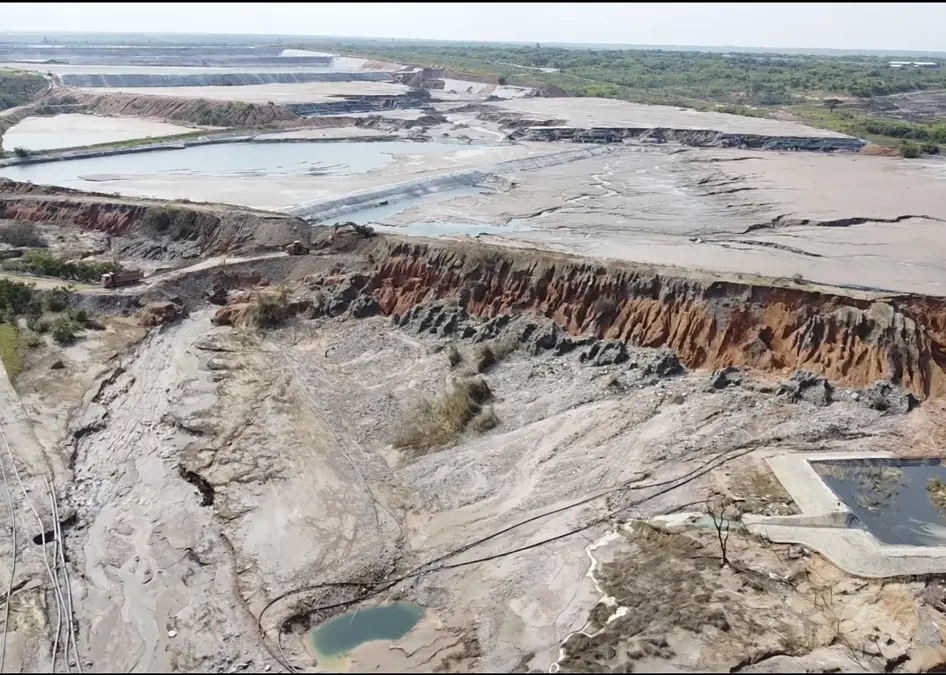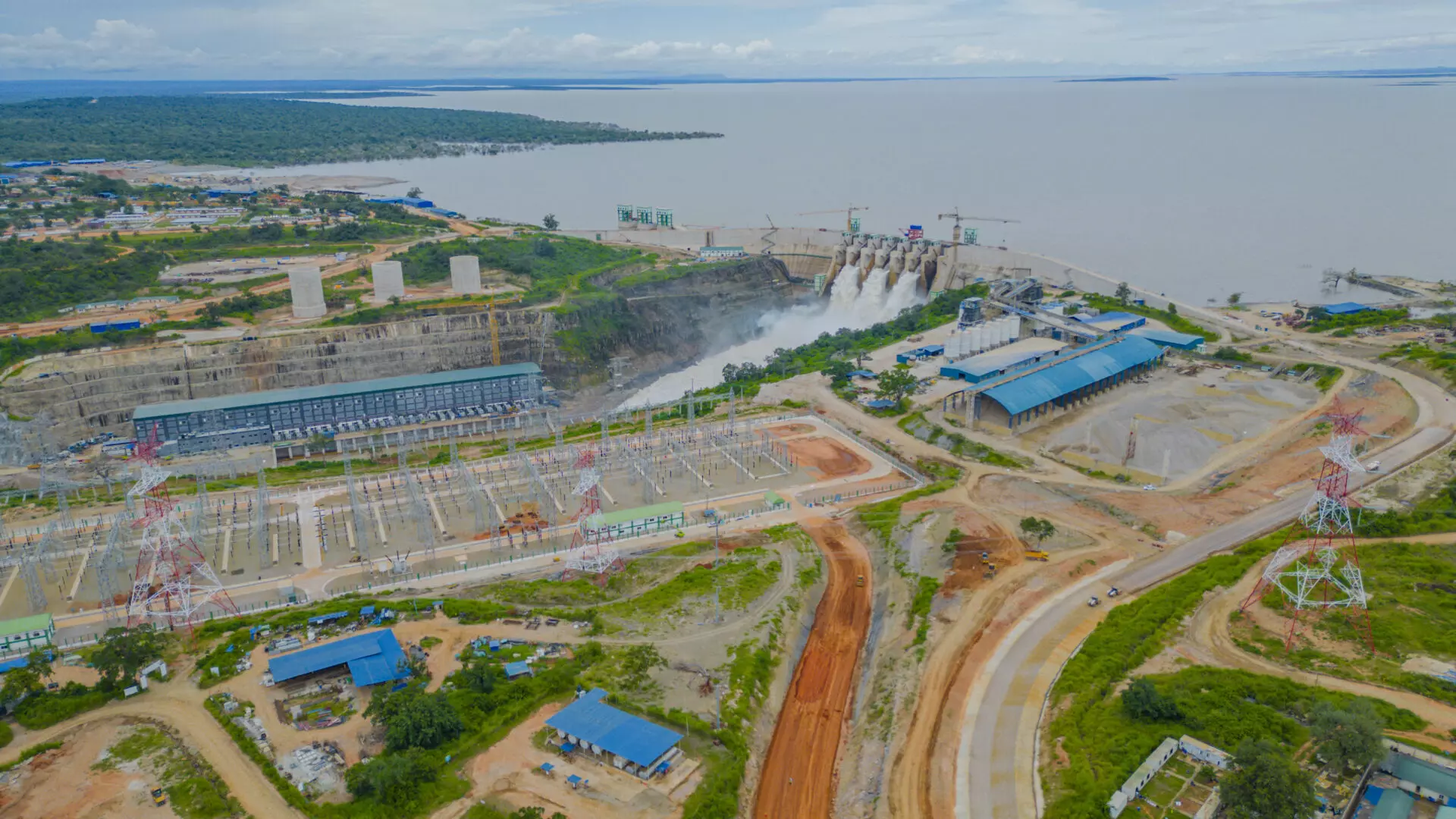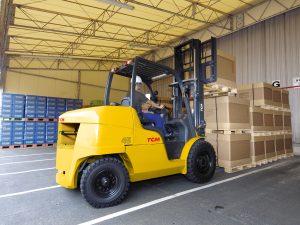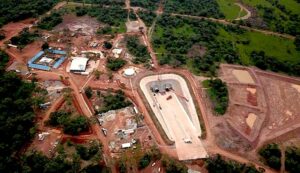Families in the DRC increasingly rely on children working in cobalt mines – report
Families in the southern part of the Democratic Republic of the Congo have become dependent on the income produced by their children working in cobalt mines, a new report by Canadian NGO IMPACT Transforming Natural Resources Management states.
According to IMPACT’s document, women tend to turn to artisanal cobalt mining because is the highest-earning job in the region, it provides between $2.15 and $8.60 per day in cash, and it requires no investment, little training, or skill. However, inequality prevails at mine sites and women tend to take on the lowest-paid roles such as washing ore. They are also more likely to be cheated on price when selling their minerals or even prevented from accessing some mine sites under the stigmatic belief that their presence would bring poor fortune.
Within this context, the cost of living is rising, with the estimated living wage in the area reaching $15.78 per day. Consequently, families are struggling to make ends meet and bring enough food to the table. Thus, children are encouraged to step in.
“Children work when families get desperate, leading to a reliance on income from child labour to cover basic needs like food, clothing, or school fees,” the dossier reads. “Women understand children are not allowed to work in mine sites but see no other alternatives for their survival. Children circumvent bans on child labour by moving between mine sites, adjusting the hours they work, and paying informal ‘access fees’.”
An Amnesty International report mentions that roughly, 40,000 young boys and girls were working in copper and especially cobalt mine sites in the southern DRC in 2014. The number, however, is expected to have grown as the production of electric cars expanded worldwide.
Children working in cobalt mines in Congo earn up to $2.50 per day. They usually give their earnings to their mothers who use it for basic household necessities and educational fees.
Despite a government promise for free education, parents must pay about $35 per year to cover teacher salaries and school operating costs. When young children are expelled from school for not paying these fees, mothers are forced to deal with a lack of available and safe childcare options. Unable to leave their young children at home by themselves, they bring them to mine sites.
Getting access
IMPACT’s research found that there is an ambivalence to the prohibition of children within mine sites, with many colluding for their own benefit, as children are cheap labour.
“Women shared how some security or government agents turned a blind eye, while others demanded payment or threatened them and their children with jail time and heavy fines if they didn’t pay an informal ‘access fee’,” the report states. Despite how artisanal mining may appear to be chaotic to outsiders, it’s well organized. Children set their work around the hours of security agents, they know their locations and have signals to alert each other or their families.”
Legally patrolling or forbidding access doesn’t work because it just turns families with children into less controlled – and likely more dangerous – mine sites.
“Women with working children shared that children are ‘omnipresent’ in cobalt mines, coming in waves depending on the time of day or season,” the paper notes. “There is an influx of children during the rainy season when ore is at the surface and easy to collect, as well as during school holidays—or even before and after school hours.”
Some solutions
For the authors of the report, the solution to this issue is not simply banning children from mine sites because if they are mining out of desperation and hunger—and being encouraged to do so by their family—they will continue to need to work.
“If the money that children are earning is going to pay for family needs like food, then we need to increase the income of the main breadwinners—women. To do this, we need to increase their overall security and ensure that they are part of leading their communities,” the dossier states. “[Women need] voices in decision-making within their homes, mine sites, and communities; and access to women-led organizations including cooperatives or mining associations.”
In IMPACT’s view, women working in cobalt mine sites also need help getting the necessary skills and tools to take on higher-paid roles and support towards fair pricing, health and safety measures, and community savings.
Share this content:














